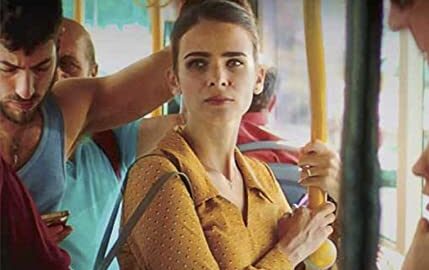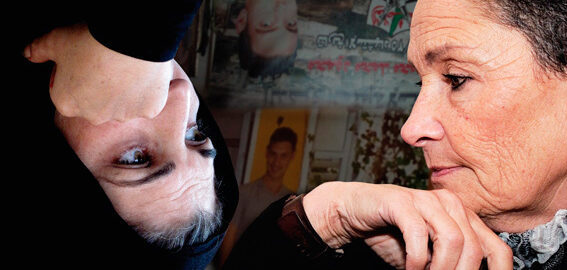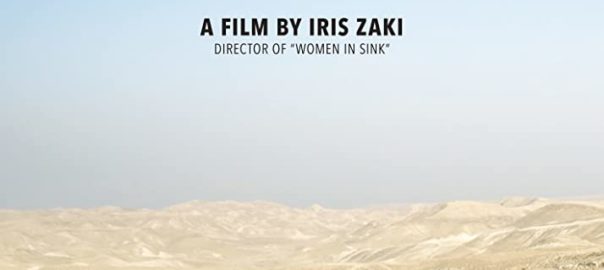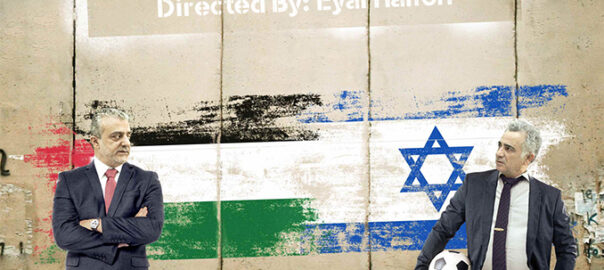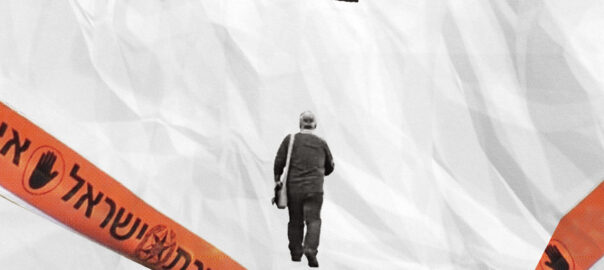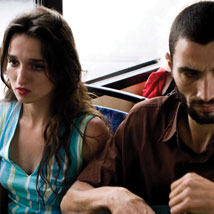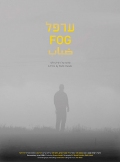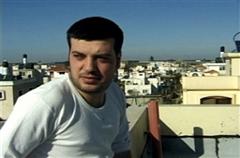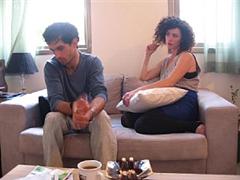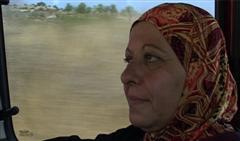Can the means used to resolve the conflict in South Africa be applied to the Palestinian-Israeli conflict? As someone who experienced both conflicts firsthand, Robi Damelin wonders about this. Born in South Africa during the apartheid era, she later lost her son, who was serving with the Israeli Army reserve in the Occupied Territories. At first she attempted to initiate a dialogue with the Palestinian who killed her child. When her overtures were rejected, she embarked on a journey back to South Africa to learn more about the country’s Truth and Reconciliation Committee’s efforts in overcoming years of enmity. Robi’s thought-provoking journey leads from a place of deep personal pain to a belief that a better future is possible.
Grierson award-winning director Iris Zaki enters the heart of Tekoa, an Israeli settlement in the West-Bank,and sits down to talk to the locals. Though fearful at first of the left-wing invader, settlers from various backgrounds gradually open up to her. Their honest, surprising and sometimes funny conversations offer a fresh take on Israeli reality from both sides of the Green Line.
The Israeli-Palestinian conflict has been going on for decades, with no end in sight. Fed up with one failed deal after another, the Israeli and Palestinian leaders agree to settle things once and for all … with a soccer match. One game. One winner. Losing side has to pick up and find a new homeland. This politically-incorrect, satirical mockumentary takes a fresh and hilarious lens to the conflict. Based on the book by Itay Meirson.
On the night of March 5, 2002, a terrorist opened fire on diners in a Tel Aviv restaurant. Druze policeman Salim Barakat bravely stopped him, but was killed by the terrorist. For years, Jamal, Salim’s brother, has been attending police ceremonies in commemoration of his brother. Suspecting they may be withholding information, he sets out on a quest to find out who killed him. A story of a bereaved man facing the Israeli security establishment and the State of Israel.
Laila keeps her talent and aspiration a secret from Ziad, her traditional, hard-working husband. But one day, her secret unravels, threatening their relationship.
A fascinating story of bereavement and mysticism, FOG tells of the quest to unravel the fate of a missing soldier. First Sergeant Mu’in Halabi disappeared at the beginning of the Yom Kippur War during an abortive IDF attempt to conquer Mount Hermon from the Syrians in October 1973. Two weeks later the IDF announced that Mu’in’s body had been found. A casket was buried in Mu’in’s hometown, the Druze village of Daliat el-Carmel. A month after the battle for the Hermon, a child was born in the Galilean village of Mrar. At the age of four, this child declared that he was the reincarnation of Mu’in, and, indeed, was able to relate almost everything about him. But in 1985 inhabitants of Daliat el-Carmel testified to having heard Mu’in speak on the Syrian State Radio. Veteran newsman, Rafik Halabi set out on a journey into time, memory, the Druze religion, and harsh Israeli realities in an attempt to uncover what lies behind this multi-layered story or, put more directly, whether Mu’in Halabi is alive
Sayed Kashua, writer, scriptwriter, and popular columnist. An Arab in the Jewish State, he doesn’t really belong to any side.
Identity, family, and ethnicity blur in surprising ways in Noa Ben-Hagai’s Blood Relation. Ben-Hagai discovered letters from her great-aunt Pnina and learned that in the 1940s, 14-year-old Pnina disappeared near her family home in what is now Israel. While initially the family didn’t know what happened to her, Pnina’s letters revealed that she married an Arab and had children with him-though it is never completely clear if this was by choice or not-and now lives in a refugee camp as an Arab. The letters also contained Pnina’s desperate pleas for contact from her family. With the help of her uncle, a retired colonel in Israeli intelligence, Ben-Hagai tracks down the unknown family in the Palestinian Territories, and uncovers a singular history of the Israeli-Palestinian divide. As the families reunite, their divergent positions and rights as Israelis and Palestinians place an immediate strain on their relationship. Skillfully weaving archival footage and photos together with family interviews and scenes from various meetings of this Jewish-Arab clan over the course of three years, Blood Relation provides a uniquely personal example of the complexities of Israeli-Palestinian reconciliation.
